What Is The Purpose Of A Digital Camera ?
The purpose of a digital camera is to capture and store photographs in a digital format. It uses an image sensor to convert light into an electronic signal, which is then processed and saved as a digital image file. Digital cameras offer several advantages over traditional film cameras, including instant preview of images, the ability to delete or edit photos, and the convenience of storing and sharing images digitally. They have become increasingly popular due to their ease of use, affordability, and the ability to capture high-quality images. Digital cameras are used by both amateur and professional photographers for various purposes, including personal photography, journalism, scientific research, and artistic expression.
1、 Image capture and storage
The purpose of a digital camera is primarily image capture and storage. It allows users to capture photographs and videos in a digital format, which can then be stored, edited, and shared electronically. Digital cameras have revolutionized the way we capture and preserve memories, replacing traditional film cameras with their advanced technology and convenience.
One of the key advantages of digital cameras is their ability to capture high-quality images. They use image sensors to convert light into digital signals, resulting in sharp and detailed photographs. Additionally, digital cameras offer various settings and features that allow users to adjust exposure, focus, and other parameters to achieve the desired image quality.
Another important purpose of digital cameras is storage. Unlike film cameras, which require physical film rolls for storing images, digital cameras use memory cards or internal storage to store photographs and videos. This enables users to capture a large number of images without the need to change film rolls, making digital cameras more efficient and convenient.
Furthermore, digital cameras have evolved to incorporate advanced features and technologies. Many cameras now offer built-in Wi-Fi or Bluetooth connectivity, allowing users to instantly transfer images to other devices or share them on social media platforms. Some cameras also have image stabilization, face detection, and other intelligent features that enhance the overall photography experience.
In recent years, the purpose of digital cameras has expanded beyond traditional photography. With the rise of social media and online content creation, digital cameras are now used for vlogging, live streaming, and creating professional-quality videos. They have become essential tools for content creators, influencers, and even businesses looking to create engaging visual content.
In conclusion, the purpose of a digital camera is image capture and storage. However, with advancements in technology and changing user needs, digital cameras have evolved to offer a wide range of features and capabilities. They have become indispensable tools for capturing memories, creating content, and expressing creativity in the digital age.

2、 High-quality photography and video recording
The purpose of a digital camera is to capture high-quality photography and video recording. With the advancement of technology, digital cameras have become an essential tool for both professional photographers and everyday users. They offer a wide range of features and capabilities that allow users to capture stunning images and videos.
One of the main advantages of digital cameras is their ability to produce high-resolution images. They have sensors that capture more detail and colors, resulting in sharper and more vibrant photographs. This is particularly important for professional photographers who need to deliver high-quality images to their clients.
Digital cameras also offer various shooting modes and settings that allow users to have full control over their photographs. They have manual controls for adjusting exposure, aperture, and shutter speed, giving photographers the flexibility to experiment and achieve their desired results. Additionally, digital cameras often have built-in image stabilization technology, which helps reduce blur caused by camera shake, resulting in sharper images.
In recent years, digital cameras have also seen significant improvements in video recording capabilities. Many cameras now offer 4K video recording, allowing users to capture stunningly detailed and lifelike videos. This is particularly beneficial for content creators, vloggers, and filmmakers who require high-quality video footage.
Furthermore, digital cameras often come with advanced features such as Wi-Fi and Bluetooth connectivity, allowing users to instantly transfer and share their images and videos with others. Some cameras even have built-in GPS, enabling users to geotag their photos and keep track of where they were taken.
In conclusion, the purpose of a digital camera is to provide high-quality photography and video recording. With their advanced features and capabilities, digital cameras empower users to capture stunning images and videos, whether for personal enjoyment or professional purposes.

3、 Convenient and instant image sharing
The purpose of a digital camera is to capture and store images in a digital format. However, the purpose of a digital camera has evolved over time, and one of the key purposes in today's digital age is convenient and instant image sharing.
With the advent of social media platforms and instant messaging apps, people now have the ability to share their photos with friends, family, and the world at large with just a few taps on their smartphones. Digital cameras, whether standalone or integrated into smartphones, have made it incredibly easy to capture high-quality images and instantly share them with others.
Convenient and instant image sharing has become an integral part of our daily lives. We no longer have to wait for film to be developed or physically print out photos to share them. Instead, we can instantly upload and share our images on platforms like Instagram, Facebook, and Snapchat, allowing us to connect with others and share our experiences in real-time.
Furthermore, the rise of influencer culture and the increasing importance of visual content in marketing have further emphasized the need for convenient and instant image sharing. People now use digital cameras to capture and share images that can be used for personal branding, product promotion, or simply to express their creativity.
In conclusion, while the primary purpose of a digital camera is to capture and store images, the ability to conveniently and instantly share those images has become a crucial aspect of their purpose in today's digital age. The latest point of view highlights the importance of social media, instant messaging, and visual content in our daily lives, making convenient and instant image sharing an essential feature of digital cameras.
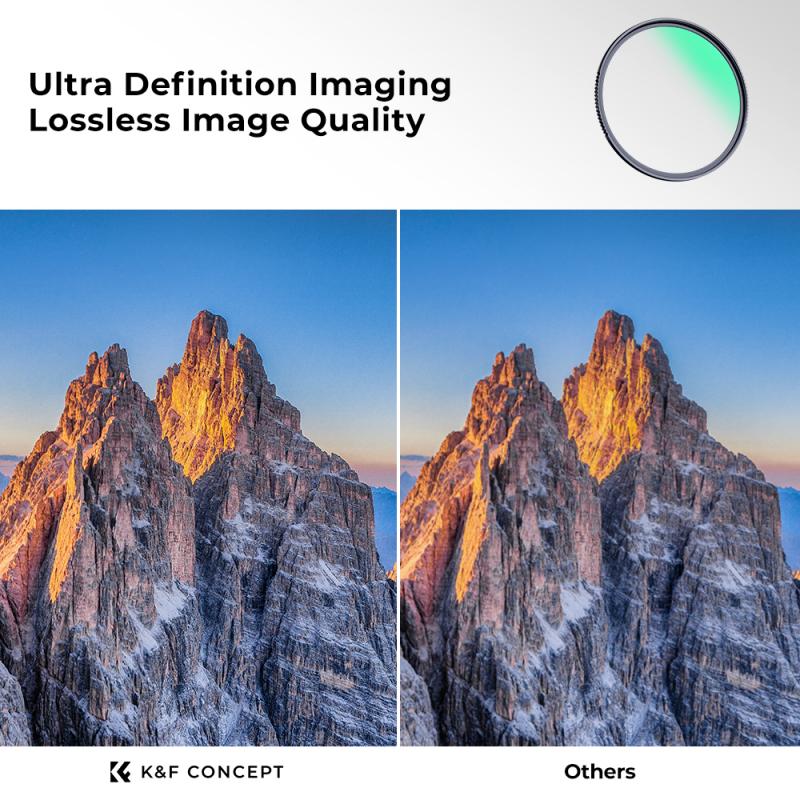
4、 Creative expression and artistic photography
The purpose of a digital camera extends far beyond simply capturing images. It serves as a tool for creative expression and artistic photography. With the advancement of technology, digital cameras have become increasingly accessible, allowing individuals to explore their creativity and showcase their unique perspectives.
One of the primary purposes of a digital camera is to enable individuals to express themselves artistically. It provides a medium through which photographers can capture moments, emotions, and stories in a visually compelling manner. Digital cameras offer a wide range of settings and features that allow photographers to experiment with different techniques, such as long exposures, macro photography, and high-speed captures. These tools empower photographers to push the boundaries of their creativity and produce captivating images that convey their artistic vision.
Moreover, digital cameras provide a platform for photographers to share their work with a global audience. With the rise of social media and online platforms dedicated to photography, such as Instagram and Flickr, photographers can easily showcase their images and connect with other like-minded individuals. This not only fosters a sense of community but also encourages photographers to continuously refine their skills and explore new artistic approaches.
In recent years, the purpose of a digital camera has expanded to include the ability to capture and document important moments in our lives. From family gatherings to travel adventures, digital cameras allow us to preserve memories and create lasting visual records. Additionally, the convenience of digital photography enables instant sharing and printing, making it easier than ever to relive and share these cherished moments with others.
In conclusion, the purpose of a digital camera goes beyond mere documentation. It serves as a powerful tool for creative expression and artistic photography. With the latest advancements in technology, digital cameras empower individuals to explore their creativity, share their work, and capture meaningful moments in a visually captivating manner.



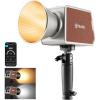

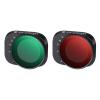
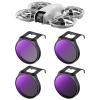

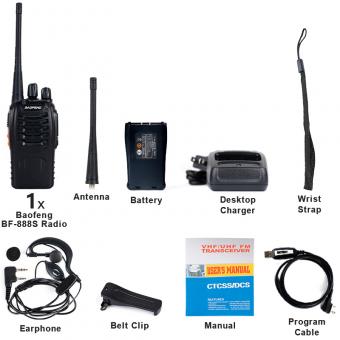






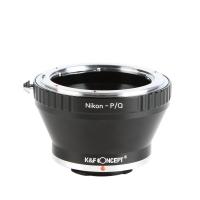



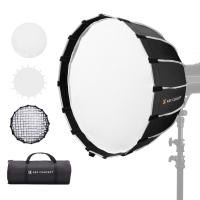



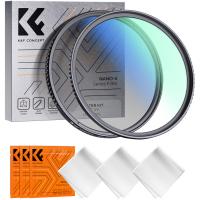





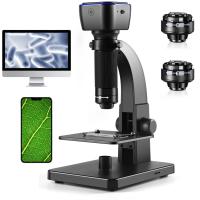
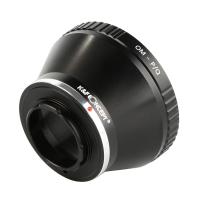



There are no comments for this blog.